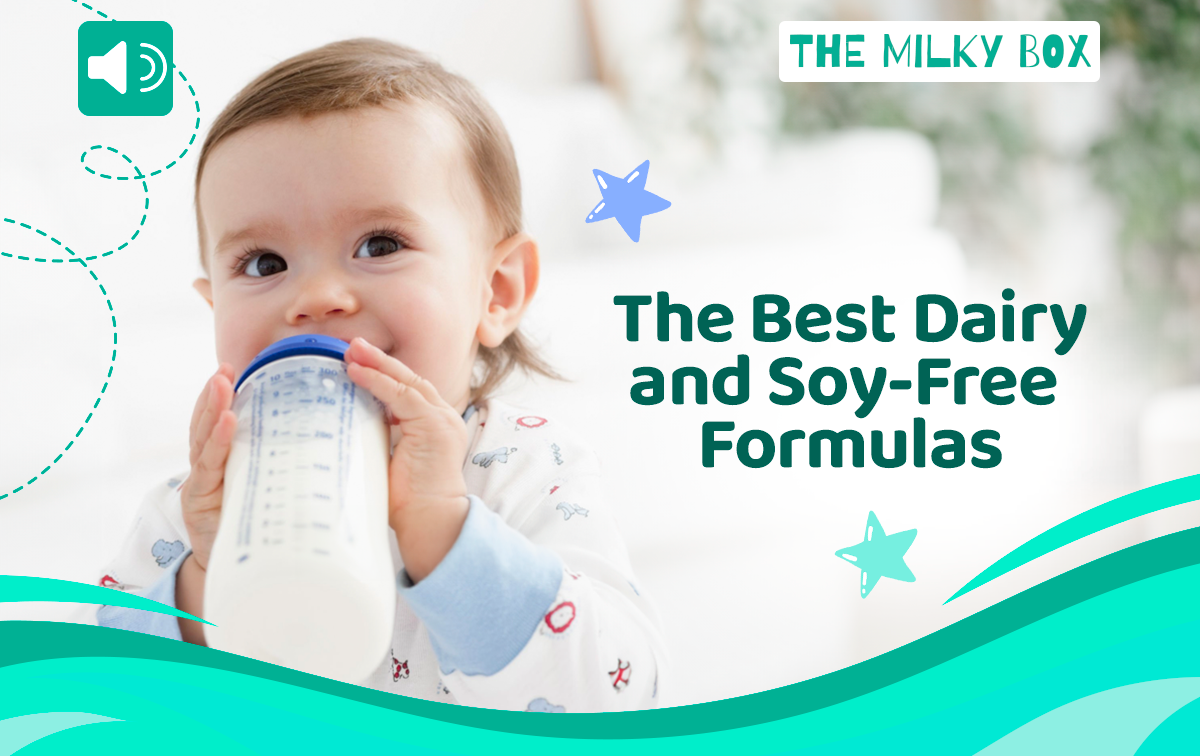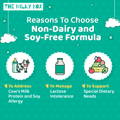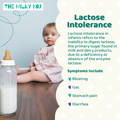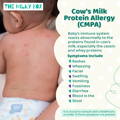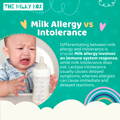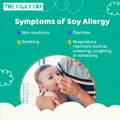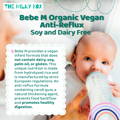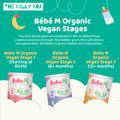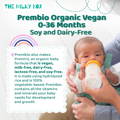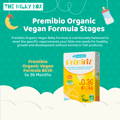Lactose intolerance is a condition that arises when the digestive system is unable to fully break down lactose, a sugar found in milk and dairy products. Lactase, an enzyme produced in the small intestine, breaks down lactose into glucose and galactose, which are easily absorbed by the bloodstream. However, some individuals do not have enough lactase, leading to undigested lactose remaining in the gut.
This can result in various symptoms, including bloating, gas, stomach pain, and diarrhea. The severity of symptoms varies from person to person and depends on the amount of lactose consumed. Some babies may be able to tolerate small amounts of lactose, while others may need to avoid it altogether.
Lactose intolerance is not the same as a milk allergy, which is an immune response to the proteins in milk. While lactose intolerance can be uncomfortable, it is not life-threatening.
Treatment options include:
● Speaking with your medical professional
● Using a hydrolyzed baby formula
● Trying lactose-free, dairy-free baby formula
● Limiting or avoiding lactose-containing foods after six months
Some infants may experience temporary lactose digestion issues. Additionally, a few others may have a genetic disorder known as congenital lactase deficiency, which means they are born without the ability to produce lactase, the enzyme that breaks down lactose.
If your baby is lactose intolerant, switching to lactose-free formula that doesn't contain dairy and soy is essential. These formulas are designed to provide adequate nutrition while supporting the digestive needs of lactose-intolerant infants. By choosing a dairy-free formula, you can ensure your baby gets the necessary nutrients without adverse digestive effects.

